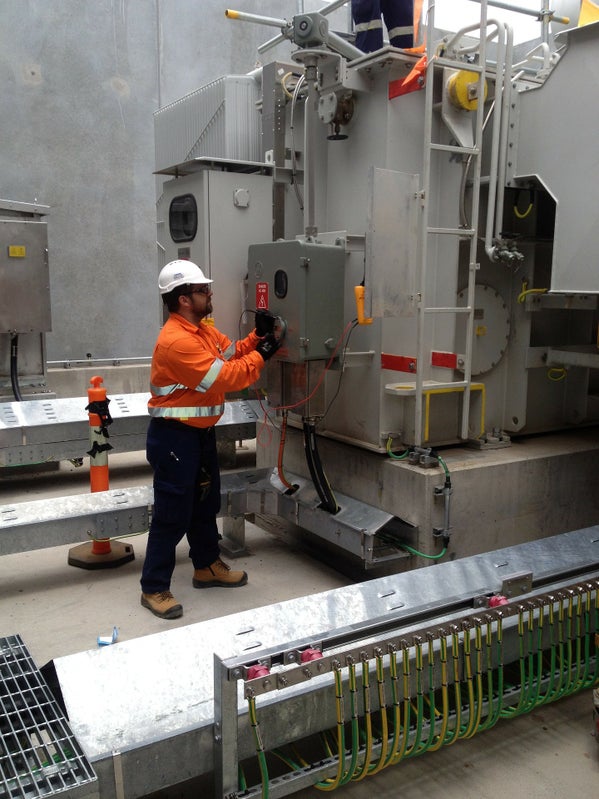Energy
At A Glance: Heating, Air Conditioning, and Refrigeration Mechanics and Installers
Heating, air conditioning, and refrigeration mechanics and installers are responsible the installation and repair of heating, air conditioning, and refrigeration systems. HVAC mechanics and installers work in commercial, industrial, and residential settings. In the industrial setting, their work supports the function of power and processing plants by keeping equipment and materials at the appropriate temperatures by heating or cooling.
To become and HVAC mechanic or install requires certifications and one to two years of on-the-job training. Some employers will require associate's degrees or apprenticeship. Heating, air conditioning, and refrigeration mechanics and installers earn approximately $22.89 an hour, and the need for them grows at a much faster than average rate of 15% or more per year.
Entry Level Requirements
Certificate
To become an HVAC Mechanic and/or installer requires post-secondary certification. Some employers will require an associate's degree.

Median hourly wage:
$23.02
in Construction & Extraction occupations.
How much can I make?
Hourly Rate: $14 - $37/HR.
Job Details: Heating, Air Conditioning, and Refrigeration Mechanics and Installers
Video produced and provided by CareerOneStop.org
Commonly Performed Tasks
There are many tasks that heating, air conditioning, and refrigeration mechanics and installers must perform regularly. Heating, air conditioning, and refrigeration mechanics and installers repair and service HVAC systems to improve efficiency.
- Test pipe or tubing joints or connections for leaks, using pressure gauge or soap-and-water solution
- Test electrical circuits or components for continuity, using electrical test equipment
- Repair or replace defective equipment, components, or wiring
- Discuss heating or cooling system malfunctions with users to find problems or ensure repairs worked
- Service heating, ventilating, and HVAC systems to improve efficiency by changing filters, etc.
Required Job Skills
Heating, air conditioning, and refrigeration mechanics and installers require specific skills, abilities and knowledge to do their jobs effectively. They must be able to install, maintain, troubleshoot, and repair equipment, as well as perform quality control processes and monitor operations of machinery.
- Effective oral and written communication
- Physical strength and dexterity
- Identify, analyze, and solve complex problems
- Comprehend complex informational text and visuals
- Knowledge of machines, tools, and materials
Education & Training Information
Programs and Opportunities
Pennsylvania College of Technology
Program: HVAC Design Technology
Certification: Bachelor's Degree
Length: 4 Years
Community College of Allegheny County - West Hills Center
Program: Heating & Air Conditioning
Certification: Associate's Degree
Length: 2 Years
Butler County Community College - Main Campus
Program: Technical Trades: HVAC Option
Certification: Associate's Degree
Length: 2 Years
West Virginia Northern Community College
Program: Refrigeration, Air Conditioning
Certification: Associate's Degree
Length: 2 Years
